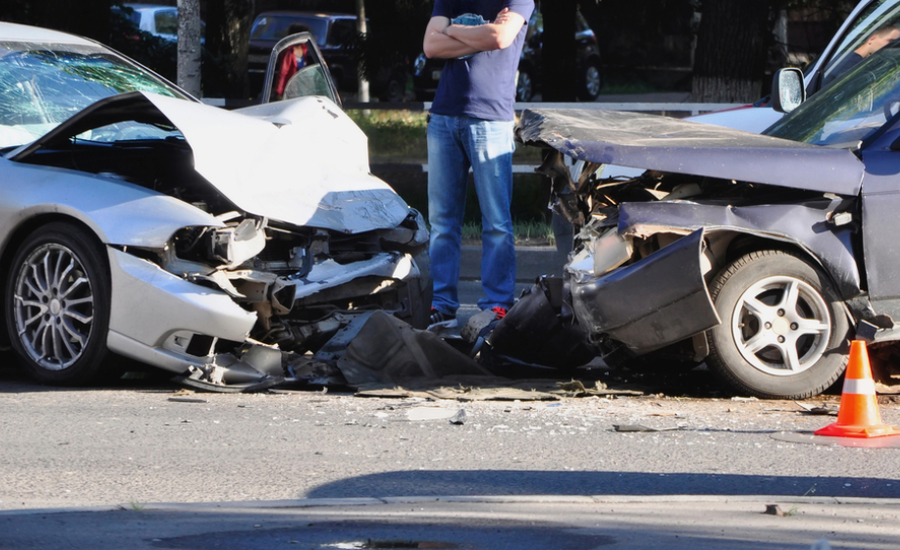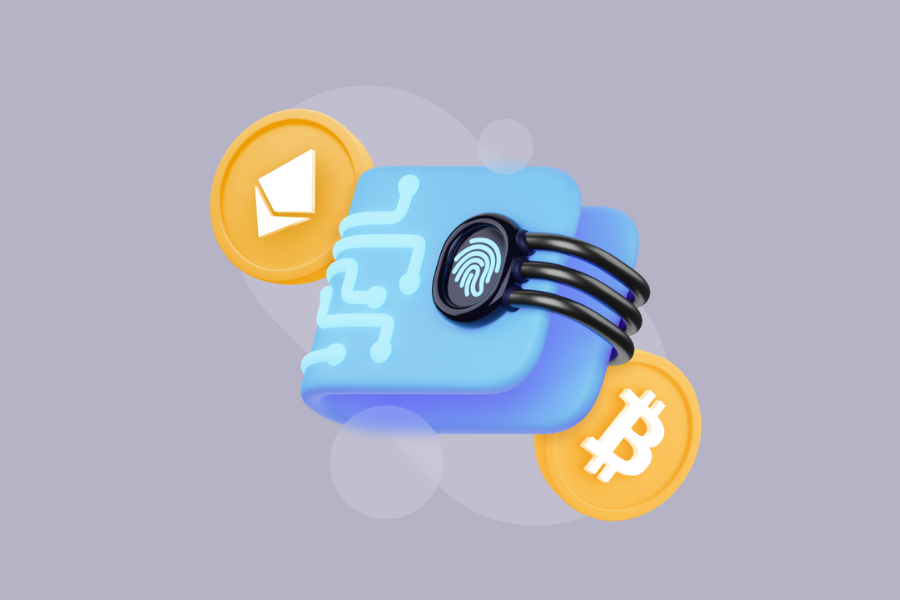Car accidents are an unfortunate reality of modern transportation. Whether a minor fender-bender or a major collision, the aftermath often leaves individuals grappling with physical, emotional, and financial repercussions. Understanding car accident injuries can help victims recognize their symptoms, seek timely treatment, and pursue compensation when appropriate.
Types of Common Injuries in Car Accidents
Car accidents can cause a wide range of injuries depending on factors such as the speed of the vehicles, the angle of collision, and whether safety measures like seat belts were used. Here are some of the most common types of injuries:
- Whiplash
Whiplash is one of the most frequently reported car accident injuries. It occurs when the neck is suddenly jolted back and forth, causing strain on the muscles and ligaments.
Symptoms include neck pain, stiffness, headaches, and dizziness. In severe cases, it can lead to chronic pain and limited range of motion.
- Head Injuries
Traumatic brain injuries (TBIs) and concussions often result from the head striking the steering wheel, dashboard, or windows during a crash.
Even mild TBIs can cause memory problems, difficulty concentrating, and mood swings. Severe cases may lead to long-term cognitive impairment or disability.
- Spinal Cord Injuries
Damage to the spinal cord can result in partial or complete paralysis. Injuries range from herniated discs to more severe fractures or nerve damage.
These injuries often require extensive medical treatment, physical therapy, and, in some cases, lifelong care.
- Broken Bones
The impact of a car accident can cause fractures in the arms, legs, ribs, or pelvis. These injuries may require surgery and lengthy recovery periods.
Broken ribs, in particular, can lead to complications like punctured lungs.
- Soft Tissue Injuries
Sprains, strains, and contusions are common due to the force of impact. These injuries might seem minor initially but can cause persistent discomfort if not treated.
- Cuts and Lacerations
Broken glass, sharp edges, and debris can cause cuts and deep wounds. Severe lacerations may lead to scarring, infection, or significant blood loss.
- Internal Injuries
Internal bleeding and organ damage are serious consequences that often go unnoticed immediately after a crash.
Symptoms like abdominal pain, dizziness, or fainting should be addressed urgently.
- Psychological Injuries
Beyond physical harm, car accidents often leave emotional scars. Post-Traumatic Stress Disorder (PTSD), anxiety, and depression are common psychological effects.
Victims may experience flashbacks, fear of driving, or difficulty resuming normal activities.
Immediate and Long-Term Impact of Car Accident Injuries
The impact of car accident injuries can vary from temporary discomfort to life-altering consequences. Let’s explore the immediate and long-term effects:
Immediate Effects
Medical Emergencies: Victims may require hospitalization, surgery, or emergency care for visible injuries.
Disruption of Daily Life: Injuries often result in missed work, inability to perform household duties, and reliance on others for basic tasks.
Long-Term Effects
Chronic Pain: Injuries like whiplash or spinal damage can cause lasting discomfort.
Financial Strain: Medical bills, lost wages, and rehabilitation costs can burden victims and their families.
Emotional Trauma: Psychological effects may persist for months or years, affecting relationships and quality of life.
Legal and Insurance Issues: Navigating claims and lawsuits can add stress to an already challenging situation.
Seeking Medical Attention After a Car Accident
Prompt medical care is essential, even if injuries seem minor at first. Many injuries, such as whiplash or internal bleeding, may not present symptoms immediately but can worsen over time. A thorough medical evaluation ensures proper treatment and creates documentation that can support legal or insurance claims.
FAQs About Car Accident Injuries
- What should I do immediately after a car accident?
- Ensure your safety and call emergency services.
- Seek medical attention, even if you feel fine initially.
- Document the scene, exchange information with the other driver, and report the accident to your insurance provider.
- How long do I have to file a claim for car accident injuries?
- The timeframe varies by location, but most jurisdictions have a statute of limitations ranging from one to three years.
- Consult a legal professional to ensure you meet all deadlines.
- Can I claim compensation for psychological injuries?
- Yes, emotional and psychological harm such as PTSD or anxiety is often included in personal injury claims.
- Proper diagnosis and documentation by a mental health professional are crucial.
- How can I prove my injuries were caused by the car accident?
- Maintain medical records, photographs of injuries, and any documentation related to the accident.
- Witness statements and police reports can also help establish a connection.
- Do I need a lawyer for car accident injury claims?
- While it’s not mandatory, a lawyer can help navigate the legal process, negotiate with insurance companies, and maximize your compensation.
Preventing Car Accident Injuries
While it’s impossible to eliminate all risks, these tips can help reduce the likelihood and severity of injuries:
- Always wear your seatbelt.
- Follow traffic laws and speed limits.
- Avoid distractions like texting while driving.
- Keep your vehicle well-maintained, including brakes and tires.
- Use defensive driving techniques to anticipate and avoid hazards.
Conclusion
Car accident injuries can have profound and lasting effects on victims and their families. From whiplash to psychological trauma, the road to recovery often involves physical, emotional, and financial hurdles. Recognizing the types and impacts of these injuries is the first step in seeking help and moving forward.
If you or someone you love has been affected, prioritize medical care and consult professionals to explore your legal and financial options. By understanding and addressing these challenges, it’s possible to rebuild and recover from the aftermath of a car accident.
Be the first to know—stay in touch for updates: Easy Fuzz











